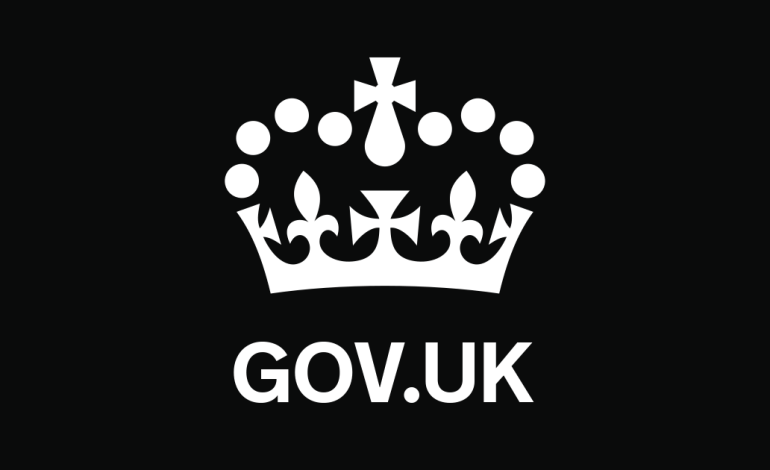
A lively debate in the House of Commons last week has again placed artificial intelligence at the centre of a growing clash between innovation and the protection of the UK’s creative industries. Artists, lawmakers, and industry experts are grappling with the ethical and economic implications of AI’s use in music and other creative fields, particularly the unlicensed use of copyrighted material to train AI systems.
Sir Chris Bryant opened the debate, emphasising the potential harm to creators if their works are used without permission. In his opening statement, he referred to the challenge as “an existential question” to artistic integrity and livelihoods. “We believe that there is a potential win-win solution, and that the UK, with its strong traditions of copyright and technological innovation, is in a unique place to deliver it,” he stated.
“In, out, in, out – it’s like the hokey cokey of policy making!”
The PM confirms to me @CommonsLiaison that the Government think an Opt Out is ‘the right proposal’ for creators having their works scraped.
I think our world-leading creative industries would beg to differ… pic.twitter.com/89TkNmMUPi
— Caroline Dinenage MP (@cj_dinenage) December 19, 2024
MPs are split on how to deal with the future of AI, with Dame Caroline Dinenage, chair of the Culture, Media and Sport Committee, openly criticising the Department for Science, Research and Innovation (DSRI) only a few weeks ago. Dinenage accused the department of focusing too heavily on AI’s economic potential while overlooking the negative impact on creative workers. “It’s a zero-sum game,” she argued, warning that the financial gains from AI risk being achieved at the expense of artists. Dinenage recently discussed the issue with PM Sir Keir Starmer.
A proposed “rights reservation” system, allowing creators to specify how their works can be used, has drawn criticism too. Many see it as a rehash of flawed opt-out systems like LAION-5B, which reportedly included vast amounts of copyrighted material without explicit consent. Advocates for an opt-in system argue this would better protect creators by ensuring their work cannot be used unless they actively permit it. Opt-in will also mean that this who chose to will understand the inherent risks.
International comparisons were also discussed during the debate. The United States is considering the NO FAKES Bill (Nurture Originals, Foster Art, and Keep Entertainment Safe), which would prevent unauthorised use of a person’s likeness or work by AI. Bryant referred to Tennessee’s ELVIS Act (Ensuring Likeness Voice and Image Security). Like the UK, Tennessee has a rich musical history which it is keen to protect, with its music industry contributing over $5 billion to their local economy.
MP Rupa Huq also used the debate to voice concerns about her own Bill, the Sale of Tickets Bill, and potential “filibustering” by other MPs.
The debate comes as high-profile figures, including Sir Paul McCartney, Sir Ringo Starr and Kate Bush, have spoken out about AI’s impact on the music industry. McCartney recently warned that AI could threaten young composers and writers, potentially wiping out opportunities for them to establish careers. While McCartney himself has used AI to enhance the sound quality of old recordings, such as restoring John Lennon’s vocals for ‘Now and Then’, he has been careful to distinguish between using AI as a tool and allowing it to replace human creativity.
Despite these conversations, the reality is that AI is becoming increasingly embedded in the creative process. A 2024 Youth Music report revealed that two-thirds of 18-24-year-olds now use AI tools to support their artistic endeavours, often to overcome barriers like time and cost.
The debate reflects a broader struggle to balance technological progress with ethical considerations. Should AI be regulated to support creators, or does this risk stifling innovation? With the creative industries employing millions and contributing significantly to the UK’s GDP, and the UK government pushing a pro-growth agenda, the stakes are high.
As Parliament continues to deliberate, one thing is clear: the decisions made now will shape the future of the entire creative sector for years to come. Whether the focus remains on protecting artists or embracing AI’s economic potential, lawmakers face the challenge of ensuring that innovation does not come at the expense of artistic integrity.
